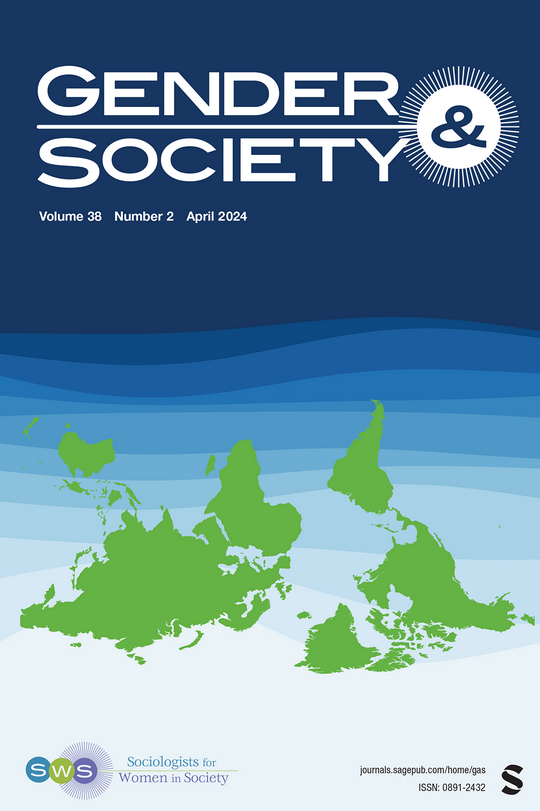黑人母亲与疫苗拒绝:性别种族主义、医疗保健和国家
IF 7.2
1区 社会学
Q1 SOCIOLOGY
引用次数: 4
摘要
拒绝接种疫苗越来越成为公共卫生关注的焦点。近年来,儿童接种最新疫苗的比率有所下降,拒绝接种疫苗与疾病爆发有关。大多数针对未完全接种疫苗的儿童的研究表明,富裕的白人母亲最有可能选择退出,而黑人母亲更有可能面临限制其子女获得疫苗的结构性障碍。在这篇论文中,我们分析了黑人母亲在社交媒体上的帖子和在线讨论,以更好地了解她们对疫苗的担忧。与拒绝将疫苗作为个人选择的白人女性不同,黑人母亲对国家在她们生活中的作用表达了独特的担忧。具体而言,一些使用社交媒体的黑人母亲将疫苗视为一项白人技术,并声称白人女性在选择不接种疫苗方面有更大的自由,而不会给家人带来同样的风险。他们描述了与儿科医生和其他医疗保健提供者的互动策略,这些提供者可以向社会服务机构报告他们的情况,或者如果他们拒绝接种疫苗,就阻止他们的家人获得福利和营养福利。黑人女性在与医疗保健和教育系统的互动中遭遇结构性性别种族主义的经历决定了疫苗的决策,应该认真对待。本文章由计算机程序翻译,如有差异,请以英文原文为准。
Black Mothers and Vaccine Refusal: Gendered Racism, Healthcare, and the State
Vaccine refusal has increasingly been the focus of public health concern. Rates of children who are up to date on vaccines have declined in recent years, and vaccine refusal has been implicated in disease outbreaks. Most research on children who are not fully immunized identifies white affluent mothers as most likely to opt out by choice and Black mothers as more likely to face structural barriers that limit access to vaccines for their children. In this paper, we analyze social media posts and online discussions among Black mothers to better understand their concerns about vaccines. Unlike white women who reject vaccines as a personal choice, Black mothers express unique concerns about the role of the state in their lives. Specifically, some Black mothers using social media view vaccines as a white technology and claim that white women have greater freedom in opting out of vaccines without the same risks to their families. They describe efforts to strategize interactions with pediatricians and other healthcare providers who can report them to social service agencies or block access to welfare and nutritional benefits for their families if they refuse vaccines. Black women’s experiences with structural gendered racism in interactions with healthcare and education systems shape vaccine decisions and should be taken seriously.
求助全文
通过发布文献求助,成功后即可免费获取论文全文。
去求助
来源期刊

Gender & Society
Multiple-
CiteScore
9.70
自引率
3.60%
发文量
78
期刊介绍:
Gender & Society promotes feminist scholarship and the social scientific study of gender. Gender & Society publishes theoretically engaged and methodologically rigorous articles that make original contributions to gender theory. The journal takes a multidisciplinary, intersectional, and global approach to gender analyses.
 求助内容:
求助内容: 应助结果提醒方式:
应助结果提醒方式:


